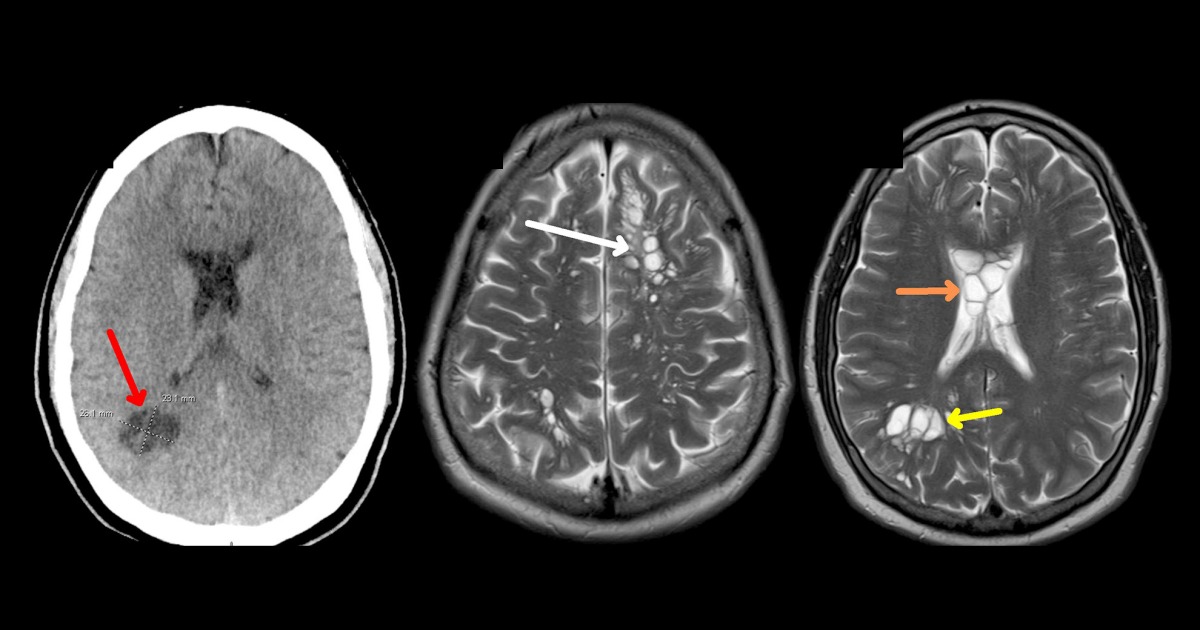Enlarge image
Could spread further as a result of climate change: the amoeba-like protozoa Naegleria fowleri
Photo: Kateryna Kon / IMAGO
It is a small protozoa that only survives in warm fresh water: Naegleria fowleri.
After the death of a child in the US state of Nebraska, the tiny creature is back in the headlines.
As the British daily The Guardian reports, the case underscores a disturbing fact: "Climate change is favoring the emergence of the amoeba in parts of the United States where it is not normally found, such as the North and West."
According to the Robert Koch Institute, Naegleria fowleri is particularly common in water and soil in the subtropics and tropics, but also in naturally or artificially heated freshwater in temperate climate zones.
Naegleria reproduces best in water with temperatures above thirty degrees Celsius, explains Charles Gerba, a microbiologist at the University of Arizona, according to the Guardian.
It can tolerate temperatures of up to 46 degrees Celsius and is therefore well suited to continue to spread in a warming climate.
In the USA, Naegleria has so far been mainly limited to the southern states.
In recent years, however, it has steadily spread northward.
As the Guardian reports, a 2021 study shows that the amoeba-like protozoa is spreading from the southern states to midwestern areas, although the infection rate has remained the same.
Extreme weather could encourage spread
Extreme weather events that occur more frequently as a result of climate change – such as floods and droughts – could also promote the spread of pathogens.
"In the drought areas, the pathogens are concentrated in the water bodies," says Yun Shen, an environmental engineer at the University of California Riverside, the "Guardian".
As a result, the dose of the pathogen is higher when people come into contact with these waters.
In areas that are flooded, the water can also spread pathogens into the environment.
For example, pathogens from the soil or from water would get into houses.
According to the US health authority CDC, those affected usually become infected when contaminated water gets into their nose - for example when bathing or diving.
If Naegleria fowleri then migrates into the brain, it can cause life-threatening inflammation of the brain and meninges.
Because tissue is destroyed in the process, Naegleria fowleri is also known as the »brain-eating amoeba«.
Experts rule out infections caused by swallowing or drinking.
The pathogen cannot be transmitted from person to person.
No case known in Germany
Even if the protozoa are relatively common, infections are rare.
Most cases have been described in the USA, Australia and France – none are known from Germany so far.
Researchers assume that cases in developing and emerging countries are often not recognized as such and are therefore not documented.
Figures from the USA show how low the risk of infection is.
According to the US Department of Health and Human Services (CDC), only 31 cases were documented between 2012 and 2021, the Guardian reports.
There is usually one to nine days between infection and symptoms.
Early symptoms include severe pain in the front of the head, fever, and nausea.
This can be followed by confusion, hallucinations, a stiff neck, and problems with balance until people lose consciousness.
The disease is extremely deadly.
According to the CDC, only four out of 151 people affected survived the infection between 1962 and 2020.
According to a specialist article from 2014, more than 95 percent of known infections are fatal.
After the first symptoms, death occurs on average within five days.
tfb














